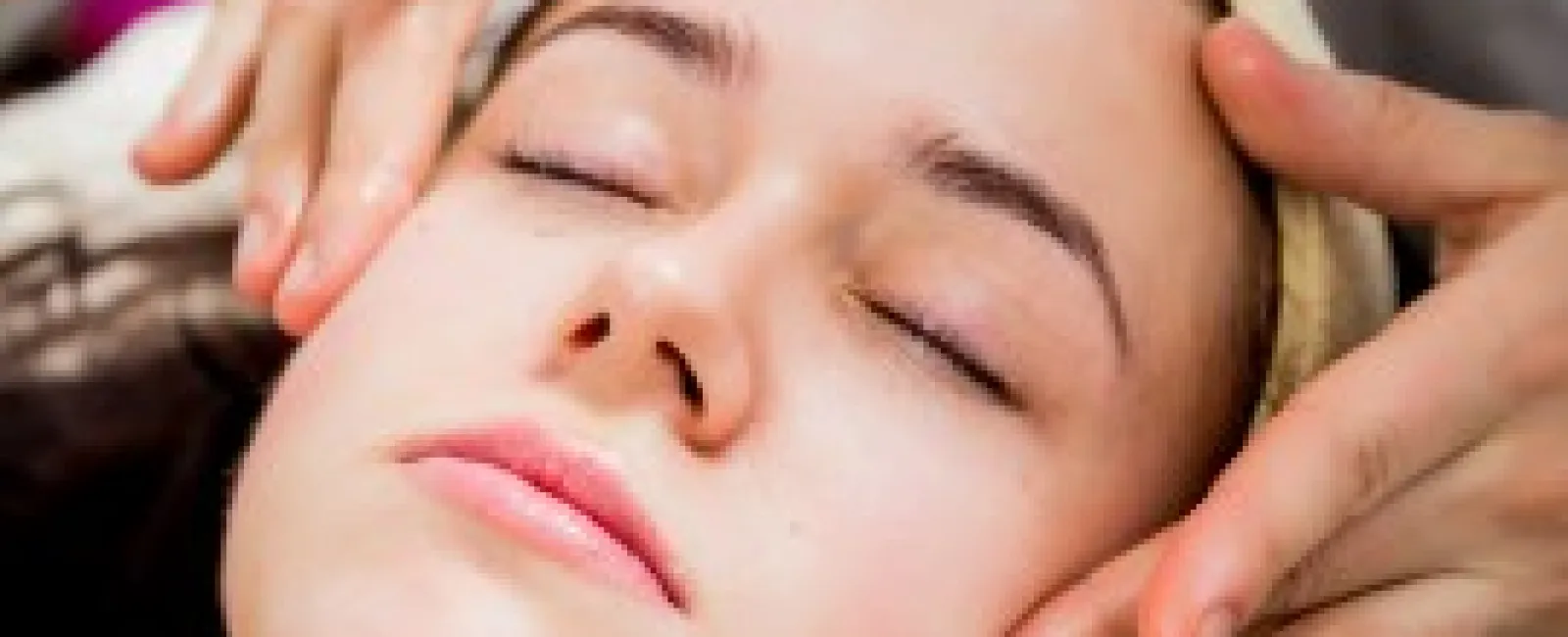Having an understanding of how hormones affect the skin can help licensed practitioners assess the causes of some skin conditions and should be included in dialog during the initial consultation. Discussing the effects of hormones during the consultation will help give the client a clearer picture to some causes of their skin concerns.
Click Here to read the full article by Dermascope.com
What Are Hormones?
Hormones are chemicals secreted by cells or glands, which act as messengers that are sent out from one part of the body to signal cells in other parts of the body. Hormones control and regulate the body's internal environment by regulating metabolism, controlling the reproductive cycle, inducing hunger and cravings, stimulating or inhibiting growth, and preparing the body for changes such as puberty, childbirth, or menopause. They are often released directly into the bloodstream, but may also be secreted into ducts.
The Effects of Inflammation
Inflammation is a process by which the body's white blood cells and chemicals protect us from infection such as bacteria and viruses. However, inflammation is also the single greatest precipitator of aging and age-related diseases and does damage by stimulating free radicals, which accelerates aging by attaching to and damaging cells. With acne, the stimulation of the oil glands, brought on by pro-inflammatory responses, can result in clogged pores and an increase in pro-inflammatory fatty acids. Studies have shown that there is a connection between sugar and inflammation in the body.
The Effects of Stress on Hormones
Other factors to consider are the effects that stress has on hormones. Systemically, stress stimulates hormones which can affect acne breakouts. Elevated hormone levels prior to menstruation, or excessive androgen production produced by the adrenal glands, can make acneic conditions worse in both men and women. Women are more affected than men by pro-inflammatory responses related to cortisol and insulin and the effects of androgens in the body. A woman's androgens are synthesized in the adrenal glands; therefore, they are more susceptible to adrenal hormone stimulation and more prone to inflammatory responses in the body. Hyperandrogenism may be caused by disorders such as polycystic ovarian disease, which can indicate insulin resistance with acne patients.
Click Here to read the full article by Dermascope.com

